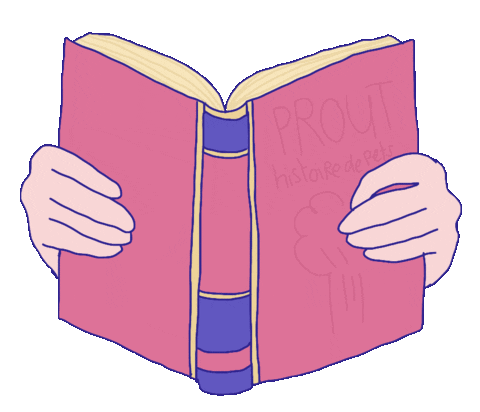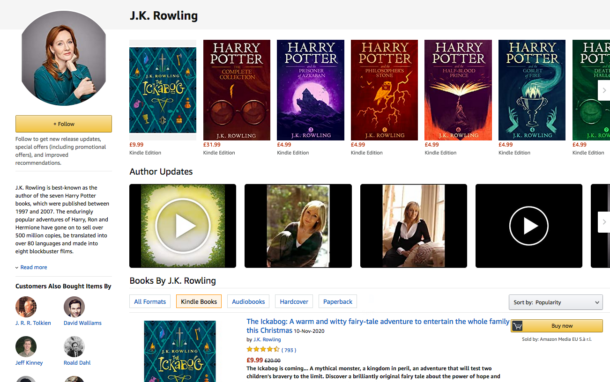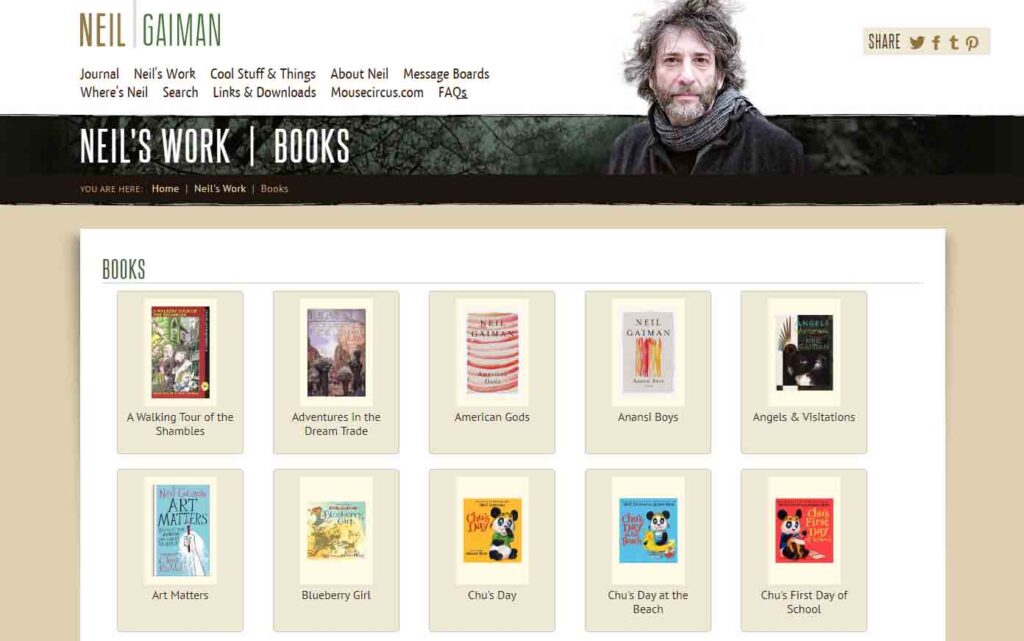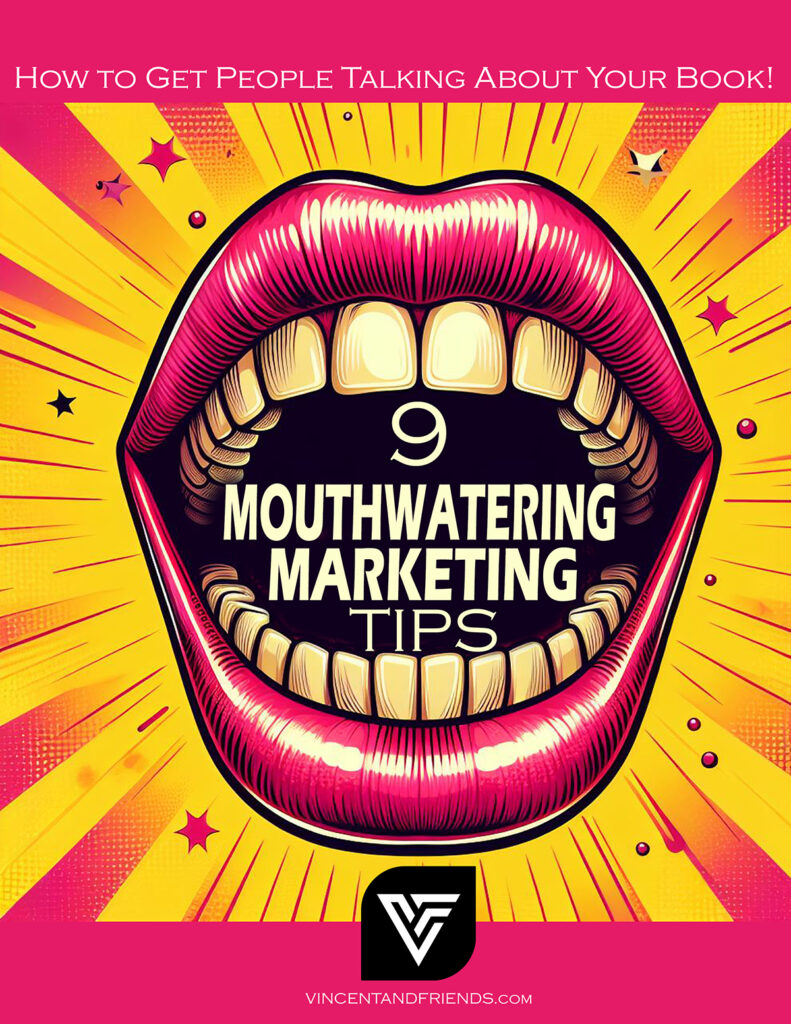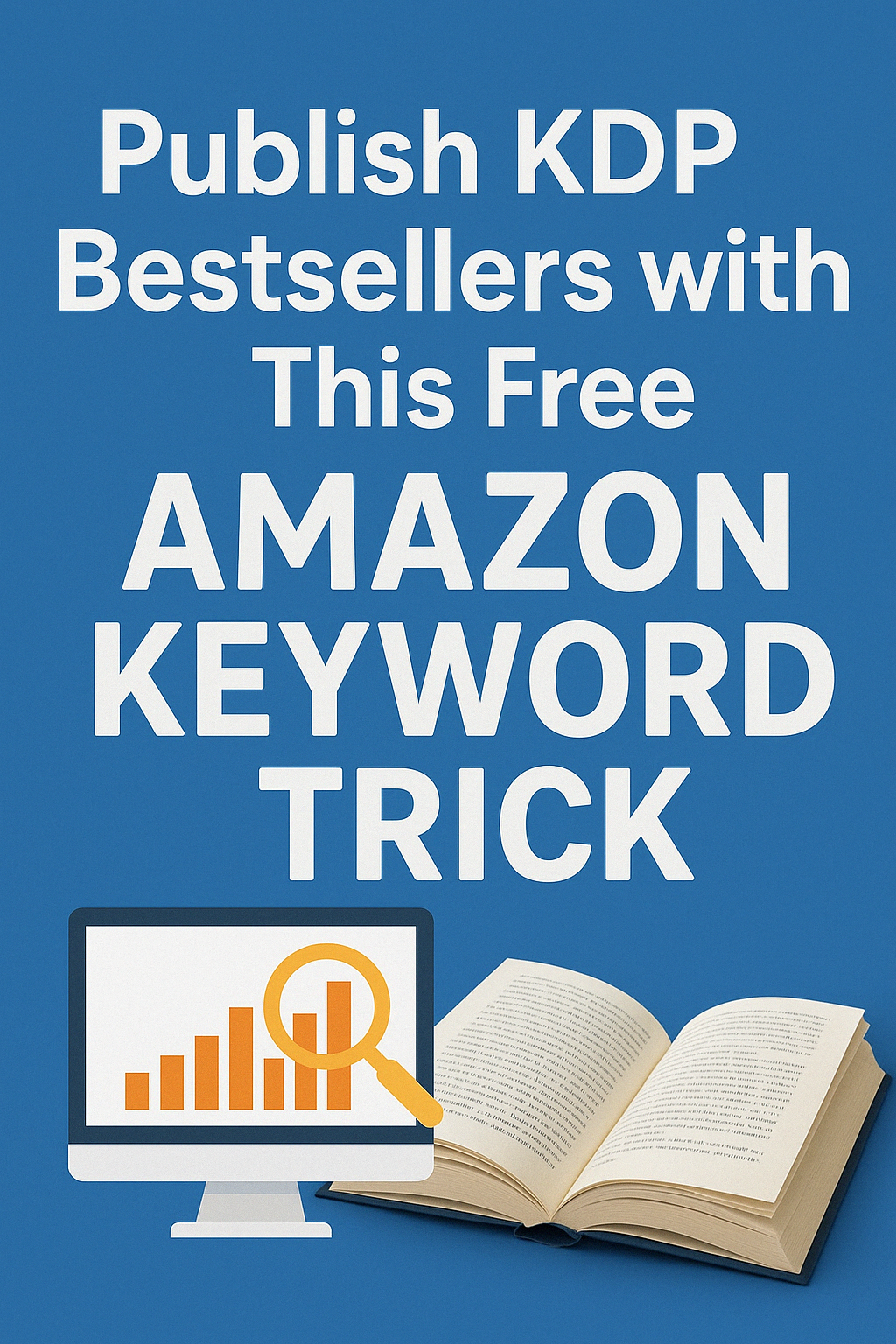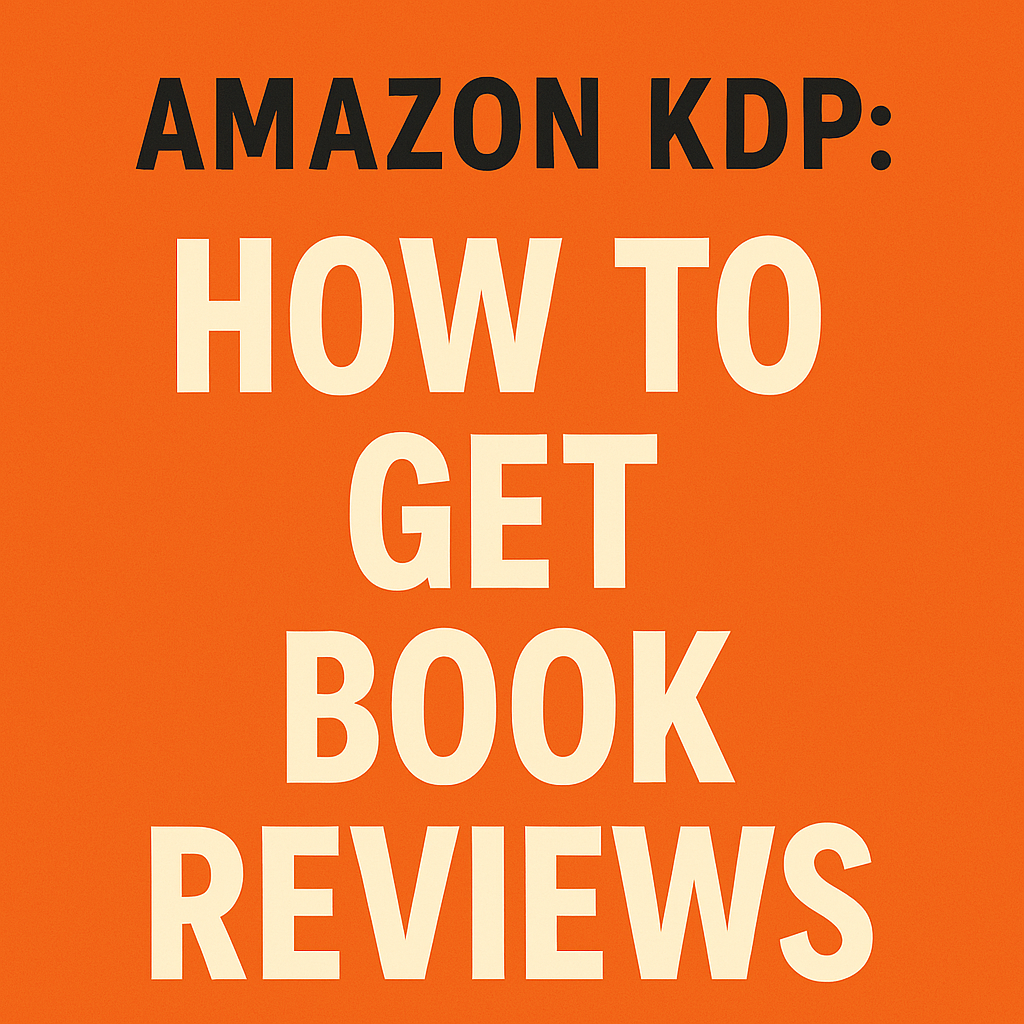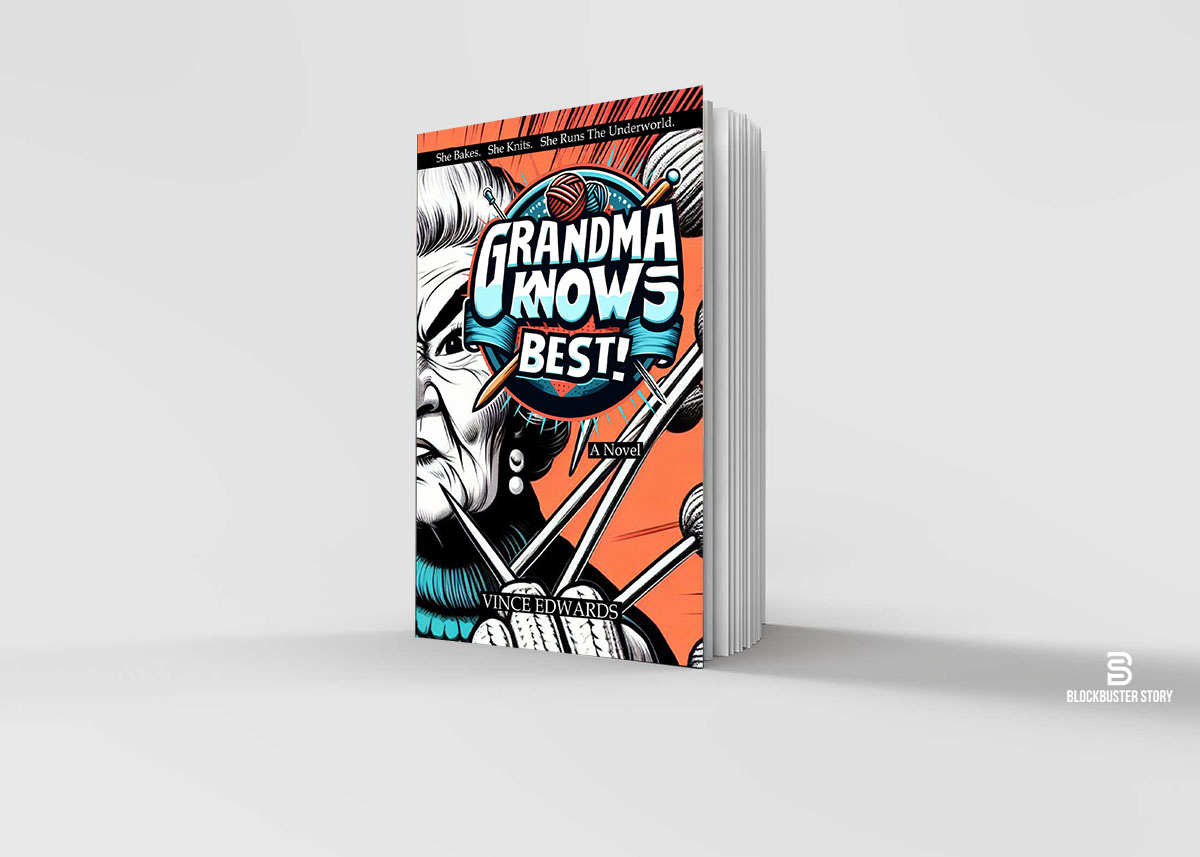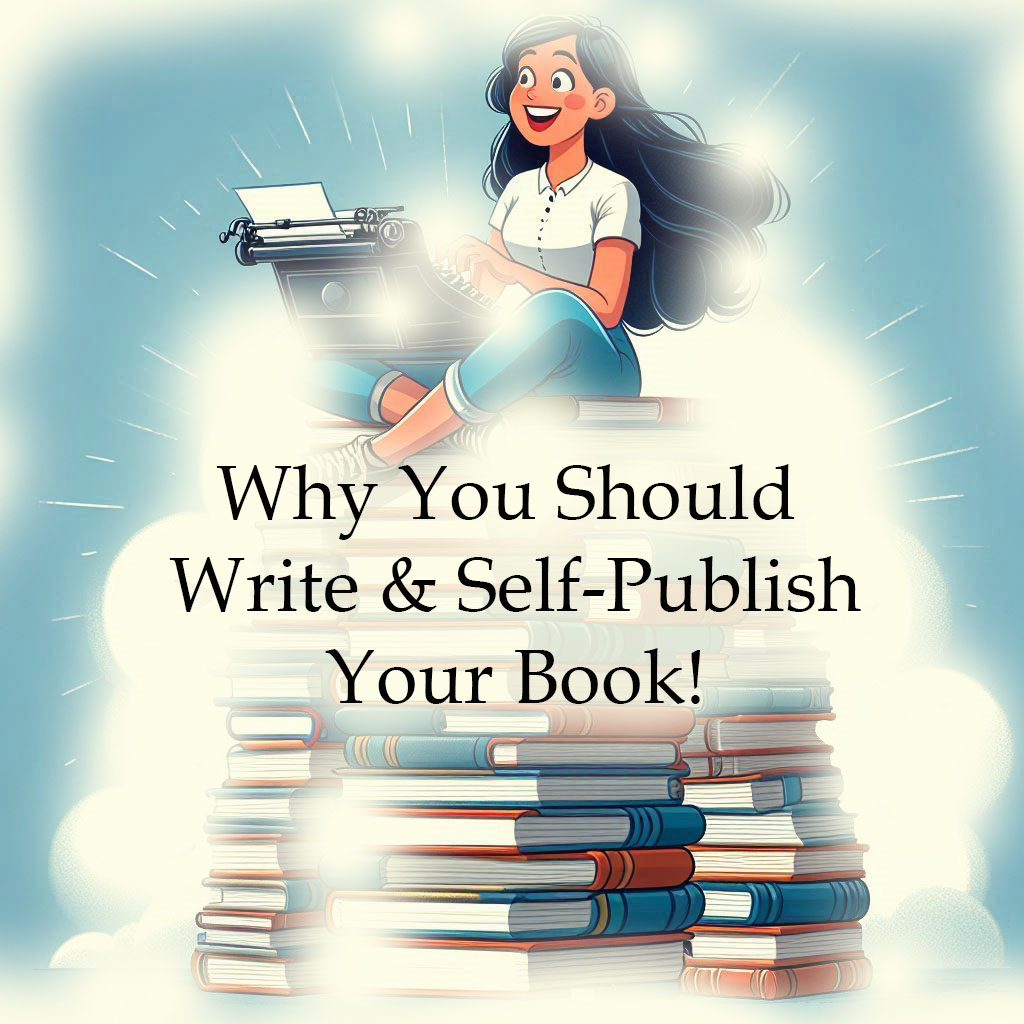In today’s digital age, writers face the imperative of becoming more than just creators of content—they are compelled to evolve into brands.
The shift from traditional publishing to the digital sphere has revolutionized the landscape for authors, introducing both challenges and opportunities.
Let’s explore the multifaceted reasons behind this transformation, analyzing the impact of technology, market dynamics, social media, and the changing nature of readership.
By delving into these factors, we can understand why the modern writer must navigate the dual role of being both an artist and a brand.
Historical Context: From Authors to Brands
Historically, the role of the writer was relatively straightforward: create compelling content and rely on publishers for distribution and marketing.
Authors like Charles Dickens and Mark Twain became household names, not through personal branding, but through the sheer popularity and impact of their work.
However, the advent of digital technology and the internet has significantly altered this dynamic.
above image: Mark Twain / theparisreview.org/blog/2018/01/09/impossibility-knowing-mark-twain/
The Digital Revolution
The rise of the internet has democratized the publishing process.
Writers can now bypass traditional gatekeepers and self-publish their work. While this opens up opportunities for many, it also increases competition.
The digital marketplace is saturated with content, making it challenging for individual voices to stand out.
As a result, writers must find ways to distinguish themselves, often through personal branding.
The Decline of Traditional Publishing
Traditional publishing houses, once the gatekeepers of literary success, have faced their own challenges in the digital era.
Reduced revenues from book sales and the rise of e-books have forced publishers to be more selective, often favoring established authors or those with a significant online presence.
This shift puts pressure on emerging writers to build their brand to attract publisher attention.
The Role of Technology
Technology plays a pivotal role in why writers must become brands.
The internet, social media platforms, and self-publishing tools have reshaped the way writers connect with their audience.
Social Media and Connectivity
Social media platforms like Twitter, Instagram, and Facebook allow writers to interact directly with their readers.
This connectivity fosters a sense of community and loyalty among fans.
However, it also requires writers to maintain a consistent online presence, sharing not just their work but also personal insights and updates.
This transparency helps build a personal brand that readers can connect with on a more intimate level.
Self-Publishing Platforms
Self-publishing platforms like Amazon Kindle Direct Publishing (KDP) and Smashwords provide writers with the tools to publish and distribute their work independently.
While these platforms offer unprecedented freedom, they also necessitate that writers take on roles traditionally managed by publishers—marketing, cover design, and audience engagement.
Building a recognizable brand becomes essential to succeed in this competitive environment.
Market Dynamics and Economic Factors
The economic landscape of publishing has shifted dramatically, influencing why writers must become brands.
The Economics of Publishing
The financial realities of the publishing industry compel writers to become brands.
Advances from publishers have dwindled, and the revenue from book sales alone is often insufficient to sustain a writing career.
Writers are increasingly turning to alternative revenue streams—such as speaking engagements, workshops, and merchandise—requiring a strong personal brand to attract opportunities.
The Gig Economy
The rise of the gig economy has influenced the writing profession.
Writers, like many other professionals, often juggle multiple roles and projects to make a living.
A strong personal brand helps writers secure freelance opportunities, collaborations, and other gigs that contribute to their income.
Changing Readership and Consumption Patterns
The way readers discover and consume content has evolved, necessitating that writers adapt by building their brand.
Short Attention Spans and Content Overload
In an age of information overload, readers’ attention spans are shorter.
Writers must capture and maintain readers’ interest quickly.
A well-defined brand helps in creating a memorable impression, making it easier for readers to choose their work amid the plethora of available content.
Reader Engagement and Loyalty
Modern readers seek more than just good writing—they crave connection and engagement.
Writers who can cultivate a loyal following through their personal brand enjoy more sustained success.
Engaged readers are more likely to support an author’s work, attend events, and promote their books through word-of-mouth.
The Influence of Marketing and Promotion
Marketing strategies have evolved, and personal branding is now a crucial element of a writer’s marketing toolkit.
The Importance of Author Platforms
Publishers and literary agents increasingly look for writers with a strong author platform—a combination of social media presence, website traffic, email subscribers, and other indicators of an engaged audience.
A robust personal brand enhances an author’s platform, making them more attractive to industry professionals.
Cross-Promotional Opportunities
A strong brand opens doors to cross-promotional opportunities.
Writers can collaborate with other brands, influencers, and media outlets to reach a broader audience.
These partnerships are often built on the strength of the writer’s personal brand, which assures collaborators of the writer’s influence and audience engagement.
Case Studies: Successful Writer Brands
To illustrate the importance of branding for writers, we can look at a few successful examples.
J.K. Rowling
J.K. Rowling is a prime example of a writer who has successfully built a global brand.
Beyond her immensely popular Harry Potter series, Rowling has maintained her brand through various channels, including social media, public appearances, and other writing projects.
Her personal story, philanthropic efforts, and engagement with fans have solidified her status as a brand.
Neil Gaiman
Neil Gaiman has cultivated a distinctive brand characterized by his unique storytelling style and engagement with fans.
Gaiman uses social media to share insights into his writing process, interact with readers, and promote his work.
His personal brand extends beyond his books to include graphic novels, TV shows, and public speaking engagements.
Challenges and Criticisms
While branding offers many advantages, it also presents challenges and criticisms.
The Pressure to Perform
Maintaining a personal brand can be exhausting and distract from the creative process. Writers may feel pressured to constantly produce content, engage with fans, and market themselves, which can detract from their writing.
Authenticity vs. Commercialization
Balancing authenticity with commercial interests is a delicate act.
Readers value genuine connections, and any perceived inauthenticity can harm a writer’s brand. Striking a balance between self-promotion and authenticity is essential but challenging.
The necessity for writers to become brands is a multifaceted phenomenon driven by technological advancements, economic realities, changing readership patterns, and evolving marketing strategies.
While this shift offers opportunities for greater control and connection with readers, it also introduces challenges that writers must navigate.
Ultimately, the ability to balance the demands of personal branding with the integrity of their creative work will determine a writer’s success in the modern literary landscape.
As the industry continues to evolve, so too will the strategies writers employ to build and maintain their personal brands.
Need Help With Branding? Book Cover or Literary Packaging?
Looking to bring your ideas to life with captivating storytelling and imaginative flair?
Whether you need compelling copywriting, engaging written, visual or video content creation, or literary packaging that stands out, I’m here to help.
Let’s collaborate to turn your vision into reality. Reach out today to discuss your project and let’s embark on a journey of creativity together!




